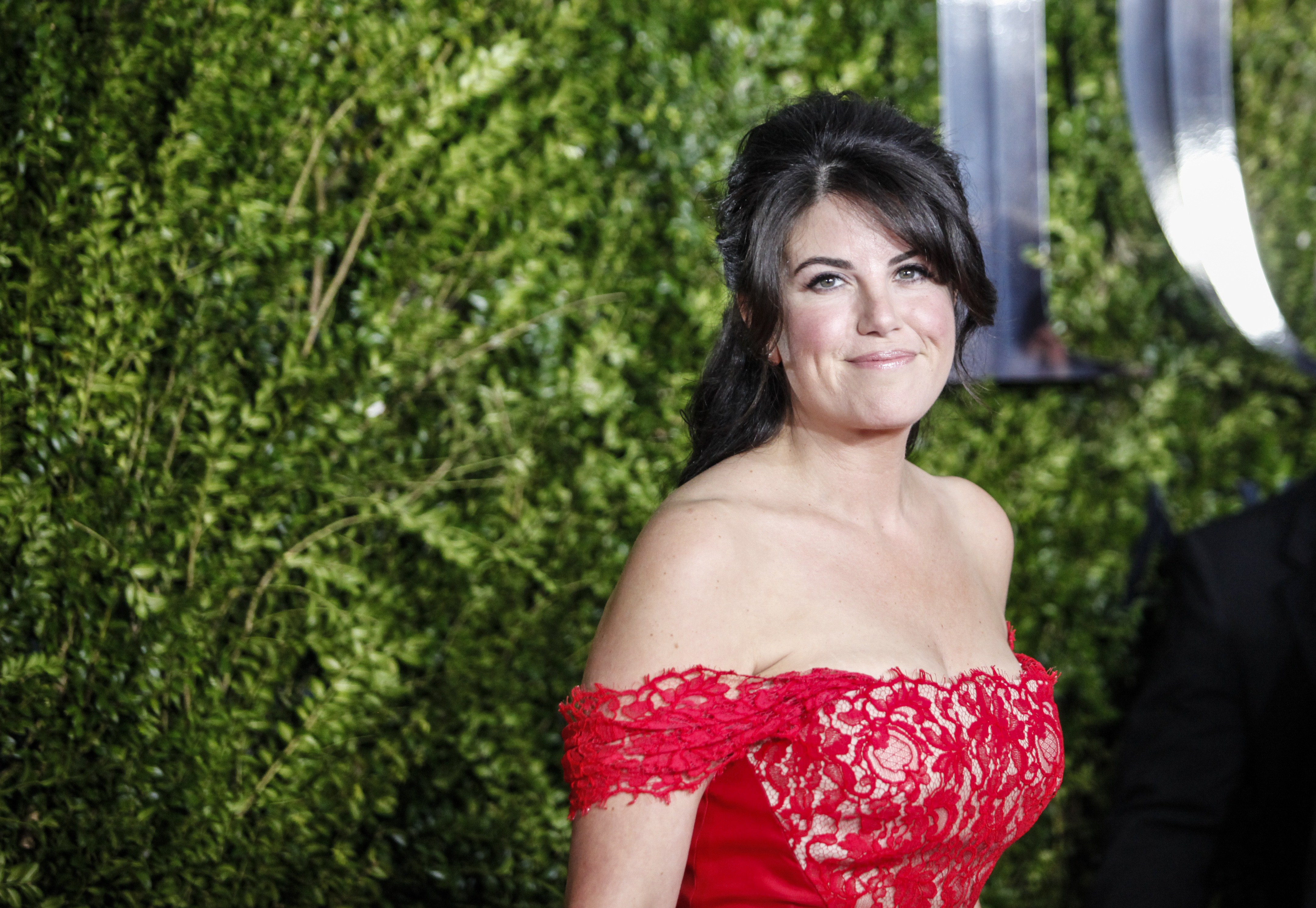Monica Lewinsky and Ryan Murphy Are Bringing the Clinton Scandal to TV

Credit to Author: Alex Zaragoza| Date: Wed, 07 Aug 2019 20:58:40 +0000
After finding success with his miniseries on the OJ Simpson trial and the murder of Gianni Versace, Ryan Murphy is continuing to dig up the events that shook America in the 90s, reigniting the moments that had the world in shock and adding new perspective and nuance that hindsight and greater social consciousness can allow. With the announcement of Impeachment: American Crime Story, the next installment in his FX limited-series franchise examining highly publicized crimes of the past, he’ll now tackle the infamous Clinton-Lewinsky scandal. And in doing so, he will also be giving the former White House intern at the center of it all, Monica Lewinsky, control of her story.
The miniseries will be produced by Lewinsky, (who will be portrayed by Booksmart’s Beanie Feldman), and will also star Sarah Paulson—who has worked with Murphy previously—as Linda Tripp, and Masters of Sex’s Annaleigh Ashford as Paula Jones. No other casting announcements have been made at this time.
In January of 1998, news broke of an illicit affair between then-President Bill Clinton and Lewinsky, sending the White House, the media, and the entire country into a tailspin. Clinton initially denied the allegations in a White House press conference where he said the words repeated on late-night sketches for months to come: “I did not have sexual relations with that woman, Miss Lewinsky.” But the evidence became too damning, and Clinton eventually had to confess, leading to his impeachment. Amid all this was Lewinsky—dragged through the mud, plastered on every tabloid and newspaper, called all manner of disgusting names, and blamed for the affair.
Related Post
In the aftermath of the scandal, Lewinsky tried to move on with her life via gigs as a handbag designer, Weight Watchers spokesperson, and TV host, and she eventually left the public eye to get a master’s degree in social psychology from the London School of Economics. But it was in coming back to the affair that she was able to find peace by reclaiming her story. She discussed her experiences with shame and survival in two Vanity Fair articles, including one in which she examines her place in the #MeToo movement; spoke about the ordeal in a TED Talk; and appeared on the A&E docuseries The Clinton Affair. In joining forces with Murphy to produce Impeachment, she is now able to tell the story to a wider audience on a bigger platform, and will finally be steering the narrative and providing her perspective on the factors that led to her public shaming.
Murphy’s mission in his storytelling seems to be offering critical reexaminations of major events of the 90s, many of which we may see differently from our current social and political climate. He successfully amplified the context and impacts of the OJ Simpson trial and the Gianni Versace’s murder with The People v. O. J. Simpson and The Assassination of Gianni Versace, which touched on the racial divide and homophobia in America, respectively.
Murphy seems concerned with treating his female characters with more sympathy than the public offered during these events. (He’s also centered other voices often erased by the media, as seen in Pose, his drama revolving around gay and trans people in New York’s ballroom scene in the 80s.) In The People v. O. J. Simpson, for example, Murphy and company gave viewers considerable insight into how the trial impacted prosecuting attorney Marcia Clark. Like Lewinsky, Clark became a social pariah, and the American public was especially cruel about her appearance and personal life during the trail. But with time and Murphy’s series, she, too, was able to reclaim her side of the story and overcome that shaming.
In a post-#MeToo world, the retrospection of these stories is especially powerful. When women at the center of these major cultural moments, ones that left them vilified and traumatized on a grand stage, can finally find validation for what they experienced, it furthers our larger understanding of how to overcome societal racism and misogyny. The public, too, must realize and reckon with the undue judgment and injustice they may have helped reinforce during those moments.
Impeachment will now do that for Lewinsky and the event that nearly broke her. In a Vanity Fair exclusive around the coming series, she says, “I’m so grateful for the growth we’ve made as a society that allows people like me who have been historically silenced to finally reintroduce my voice to the conversation.” It’s time, and now her story will fully be hers.
Impeachment premieres September 27 on FX.
Alex Zaragoza is the senior culture writer at VICE. Follow her on Twitter.
This article originally appeared on VICE US.